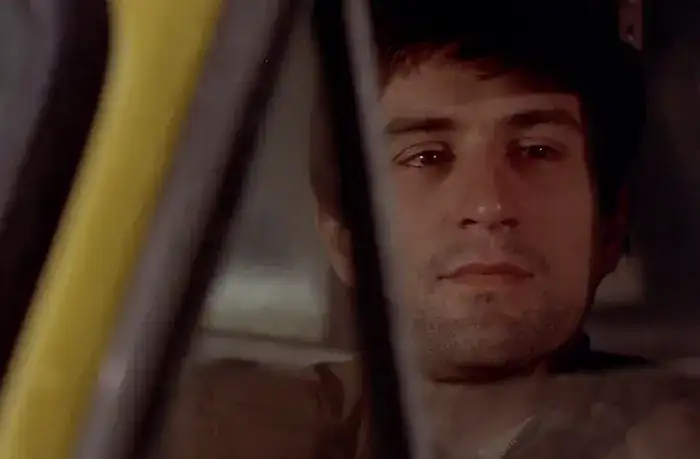Taxi Driver (1976) movie analysis and film criticism for ESL students to practice all the 4 language skills in an integrated manner based on the English Immersion Program Taxi Driver (1976) movie trailer https://www.youtube.com/watch?v=LvtFcK8BaY8 Taxi Driver (1976) movie analysis "Taxi Driver" (1976), directed by Martin Scorsese, is a psychological drama that delves into the disturbed mind of its protagonist, Travis Bickle, played by Robert De Niro. The plot centers on Travis, a Vietnam War veteran suffering from insomnia and living in New York City. Working as a nighttime taxi driver, Travis becomes increasingly isolated and disconnected from society. He is ...
Home » Learn English with Films Online » Taxi Driver (1976) Movie Analysis & Film Criticism

Taxi Driver (1976) Movie Analysis & Film Criticism
Updated: by Dr. Mohammad Hossein Hariri Asl
Time to Read: 4 minutes | 538 Views | 2 Comments on Taxi Driver (1976) Movie Analysis & Film Criticism
Share This Post
About the Author
Dr. Mohammad Hossein Hariri Asl is an English and Persian instructor, educator, researcher, inventor, published author, blogger, SEO expert, website developer, entrepreneur, and the creator of LELB Society. He's got a PhD in TEFL (Teaching English as a Foreign Language).
Number of Posts: 4242



In summary, Scorsese uses New York City not just as a backdrop but as an integral element that reflects and amplifies Travis Bickle’s internal struggles. The city’s chaos and moral ambiguity mirror his psychological deterioration, making it a powerful tool for storytelling in “Taxi Driver.”
“Taxi Driver” serves as a powerful critique of the post-Vietnam War era, illuminating the struggles faced by veterans in their reintegration into society. Through Travis Bickle’s character and his experiences, the film addresses themes of alienation, psychological trauma, disillusionment, and societal neglect, offering a stark reflection on the consequences of war and the responsibilities of society towards those who have served.
Travis Bickle’s diary is providing a deeper understanding of his character and motivations. It serves as a reflection of his inner turmoil, a vehicle for expressing his violent impulses, and a means of exploring the film’s central themes. Through this narrative device, the audience gains insight into the mind of a troubled individual grappling with the consequences of war and societal neglect.
Thank you for sharing your insightful thoughts on “Taxi Driver.” Scorsese’s masterful use of New York City indeed plays a crucial role in amplifying Travis Bickle’s inner turmoil, effectively turning the urban landscape into a character in itself. The film’s powerful critique of the post-Vietnam War era shines a light on the profound challenges veterans face, such as psychological trauma and societal neglect. Travis Bickle’s diary serves as a poignant narrative device, offering a window into his complex psyche and highlighting the broader themes of alienation and disillusionment. Your analysis beautifully captures the essence of this cinematic masterpiece and its exploration of the human condition.